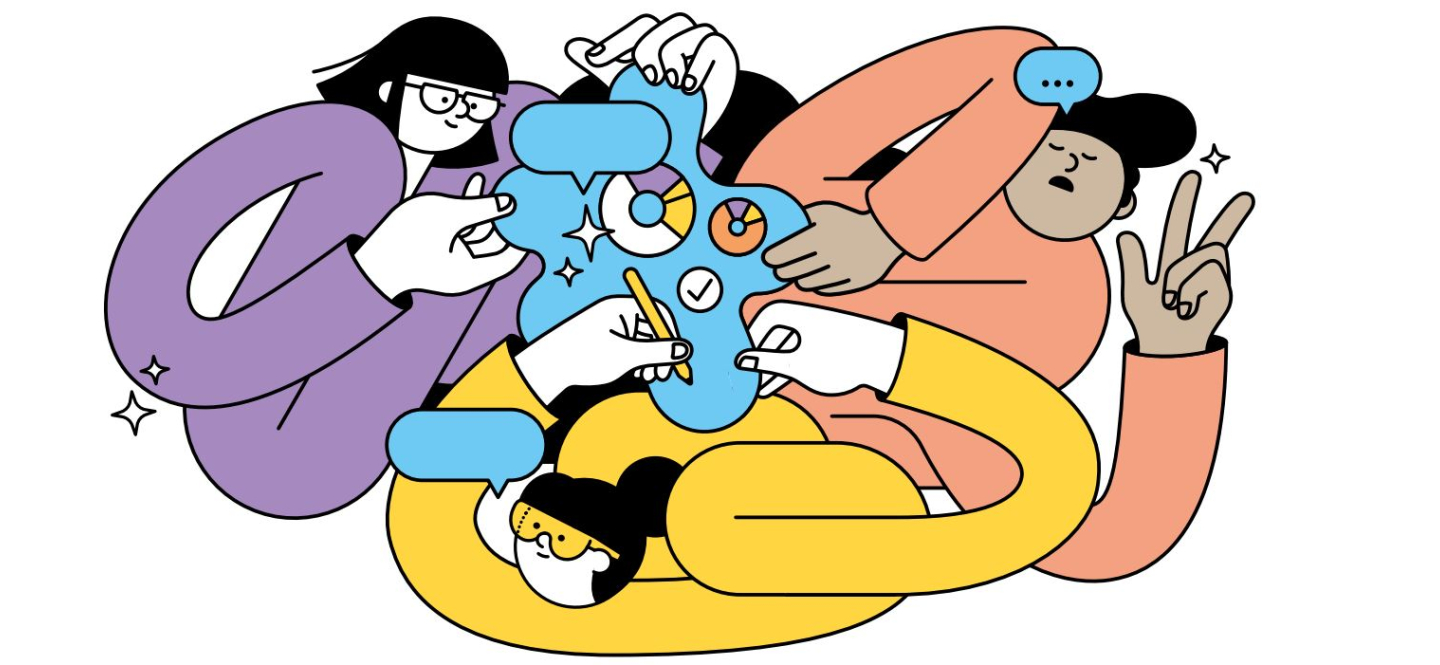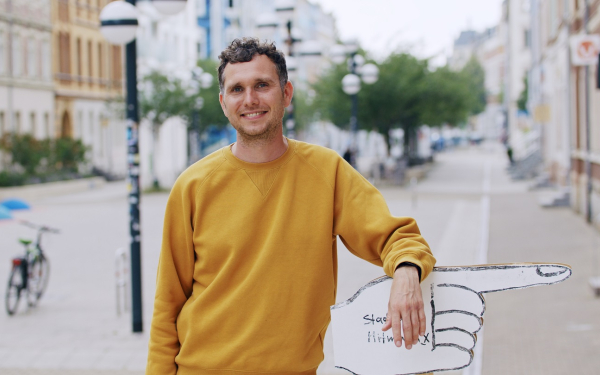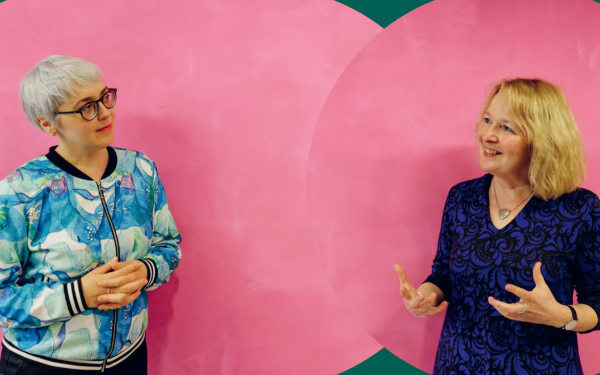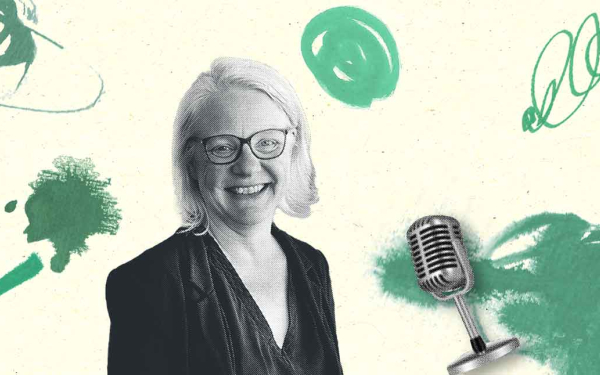Paradoxical participation: three challenges of successful transdisciplinarity
#Transdisciplinarity
Axel Pfaender für VolkswagenStiftung
Sociologist Andreas Bischof has summarised his view on the challenges of successful transdisciplinarity for our thematic focus ‘Transdisciplinary research’.
The traditional idea of science as a purely expert activity, in which researchers work in isolated laboratories and only present their results to a select group, has changed. The promotion of measures to open up the science system to greater participation on the part of people outside the academic community no longer seems to require justification. The view that science itself is an active part of society – and is interwoven with other areas in many ways – is now generally accepted.
However, this opening up of the science system produces paradoxes in several respects, which become evident in discussions, conflicts of interest, constraints on action or structural challenges in implementation, but rarely become part of the official presentation of participation in science. These internal contradictions must be recognised and discussed in order to enable more participation in scientific processes, but also more involvement of scientific work in social challenges.
1Transdisciplinarity as a question of power
At the level of social sub-sectors, the idea that a system such as science opens up from within and challenges its previous boundaries is anything but self-evident. Integrating new groups of actors is a clear and desirable goal, but it automatically poses central structural questions about access, power, and distribution. These questions must also be openly discussed in a corresponding transformation process – especially when it comes to participation.
Successful transdisciplinarity, like any cooperative process, requires clear rules, jointly defined goals, a shared understanding of roles, and mutual trust. Transdisciplinarity requires, at least in part, the voluntary relinquishment of control and decision-making power. In the Netherlands, for example, decisions on the establishment of major funding lines from public funds are also reached with citizen participation, which, in my experience, has not yet triggered a storm of applause among science organisations in Germany.
On the other hand, the call for transdisciplinarity usually does not come without the promise of providing solutions. Scientific results and processes are supposed to become better, more effective, more appropriate, or fairer through participation. This prospect of providing solutions harbours great opportunities for transdisciplinarity – but also risks, as there are different views on whether participatory and transdisciplinary approaches should be a means or an end for science.
2Diversity of transdisciplinarity and science
This brings me to the diversity of endeavours and objectives that contribute to the change towards more participation in science. Over the past 20 years, this diversity has once again received a particularly vivid boost, which is reflected in the following selection of current terms, communities and paradigms for participation in science: co-creation and co-design, responsible research and innovation, citizen science, public history, public engagement, living labs, real-world laboratories, participatory science communication, transdisciplinary research, new transfer paths, social innovations, open innovation and open science.
The sheer number of terms in this incomplete list suggests that some of them are based on very different methods, concepts of research and self-images – and are also at least indirectly in a certain degree of competition, relating to each other both in terms of differentiation and cooperation. Although the collective singular pair ‘science’ and ‘society’ can be found in every strategy or introduction to transdisciplinarity, neither science nor society are uniform, but heterogeneous and dynamic and often in conflict.
This leads to the simple follow-up question for any measure to increase participation in and of science: Which and whose participation, and which aspect of science is meant here exactly, and what might be the implications?
3Transdisciplinarity as a mode or specialism?
There are different positions on whether participation should be an aspect of every activity of the science system in principle, or rather a separate area within it. This is to be expected and requires negotiation. For those who work with a transdisciplinary approach, however, this leads to a number of practical problems: Researchers often find themselves faced with a conflict of goals and actions when they want to work in a transdisciplinary way. On the one hand, they are expected to produce a lot of scientific output quickly, while on the other hand they also want to have an impact on society.
These requirements are not always compatible and often require difficult trade-offs. For this reason, intermediary role models are already developing, e.g. so-called ‘integration experts’ or ‘public engagement officers’. They are to take on an interface function within scientific organisations and bring with them the skills to support and accompany the participation process.
It will be intriguing to see whether new roles such as ‘integration experts’ will be able to perform the necessary communicative and emotional interaction input for transdisciplinarity without this additional work entailing risks for their career paths.



